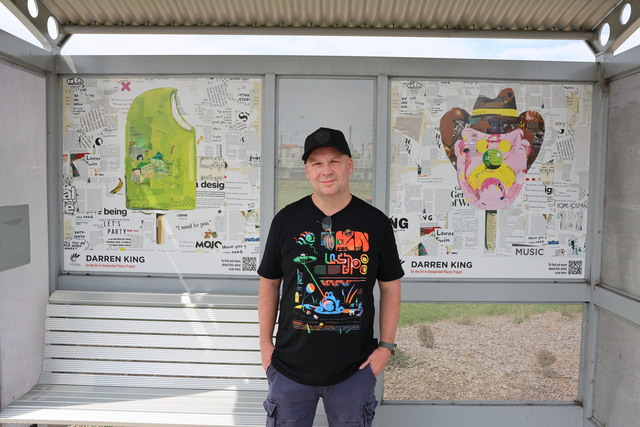Laura Tingle (Australian Financial Review) wrote an excellent ‘Quarterly Essay’ last month, which received special attention around Canberra.
It was about the role of memory in politics and policy-making in Australia, and the collapse over the last 20 years of the institutions that once formed a safe archive of these memories. She argued that a powerful reason our politics has become inane, ugly and dangerous is our growing political and policy amnesia.
She said that people are ‘not just angry about politics but befuddled by the way our institutions are under challenge … there is a yearning for the past when politics appeared to be conducted in the national interest, when government policy was well developed and thoroughly thought through, and when the media
were less shrill’.
She added that there’s a growing loss of institutional memory about how things have come about, and why they did. She quotes climate change, childcare and national security as areas where both major parties haven’t learned from the past.
I’ve banged on about similar trends. My take is that the problem worsened when the Howard Government, concerned that the federal bureaucracy had become too leftist, sacked six departmental heads and began beefing up Ministerial Offices to provide an alternative source of advice on industrial relations, healthcare, social security, and expenditure cuts.
The Rudd and Abbott Governments took things to another level. Although driven by different philosophies, they happily developed policy and programs out of their own offices. Senior public servants yearning for due process and well-considered policy just shrugged and pulled their heads in further.
Then along came Malcolm Turnbull promising the restoration of sound policies. The Canberra bureaucracy was buoyed, as was large sections of the community. I suspect that we’re now at a crossroad.
The Peoples’ Spring
I am currently in Italy, with a first-hand view of the Brexit mess. The Italians feign indifference. The wider consensus is that Brexit is about regaining lost identity and lost border control. A brave call, but huge economic ramifications are in prospect. The French will surely lead the moves to restrict UK exports into the European Union.
Meanwhile, in Australia, loss of identity and border control have been hallmarks of the election outcome. The rise of the Independents, as forecast in this very column, is surely a cry to be heard. Politicians in both Canberra and Brussels take note!
Role for local government
As the new federal government takes form, there is an opportunity for local government to nudge the federal government by helping it address weak policy and programs.
An example is indigenous housing. This is weak policy because the feds provide the funds, but give the states a free hand in running the construction and maintenance contracts. The result was last month’s ABC Four Corners program highlighting disgraceful cases of neglect. It’s time for suitably equipped councils to be funded to run these contracts. They see the problem every day.
A second example is Barnaby Joyce’s penchant to relocate agencies out of Canberra to the Bush. This is very weak policy because most of these agencies are simply being plonked into marginal electorates. If the feds were truly serious, they would work with the states and local government to enhance the regional cities’ overall factor conditions viz. NBN technology, technical training, networking functions, competitively-priced energy.
A third area is regional investment attraction, where there are NO worthwhile federal policies or programs due to Treasury’s influence.
The states and local government could lead here with a focus on new investment (not interstate poaching). A precedent is Tucson, where Arizona State University, City Council and the state engaged with the business community. The US Government followed with defence contracts, R&D grants and university programs. Now Tucson is home to Raytheon Missile Systems, Texas Instruments, IBM, Universal Avionics, Honeywell Aerospace, Bombardier, Sanofi-Aventis and Ventana Medical Systems. (Tucson is as dry and remote as Alice Springs).
Rod Brown is a Canberra-based consultant and lobbyist specialising in industry/regional development, investment attraction and clusters, and accessing federal grants. He also runs the Cockatoo Network.
Phone: (02) 6231 7261 or 0412 922 559
Email: [email protected]
Blog: www.investmentinnovation.wordpress.com (750+ articles)







